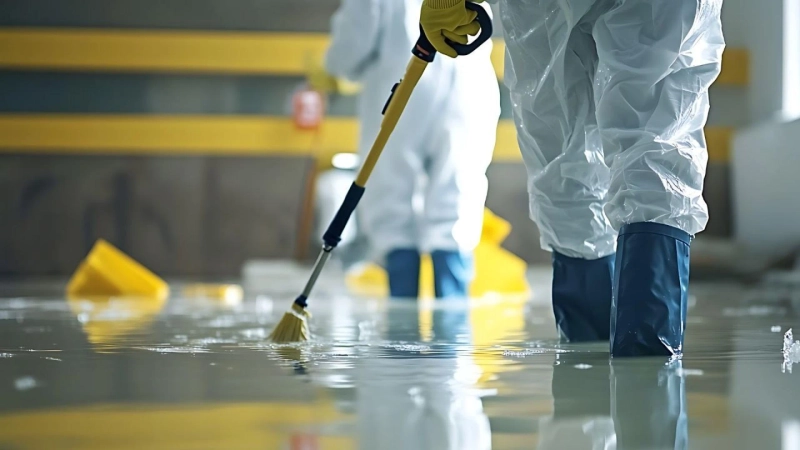2025 turned out to be one of the most challenging years for Toronto homeowners dealing with leaks, floods, and unexpected water damage. Many people learned the hard way that even a small mistake like ignoring a drip or skipping gutter cleaning can lead to major repairs, mould problems, and high insurance costs.
This wrap-up breaks down the biggest mistakes Toronto residents made in 2025, why they happened, and what actually worked to fix them. Every point is backed by information from trusted Canadian sources so the advice stays practical and real.
Why 2025 Was a Wake-Up Call for Toronto Homeowners
Water-related home damage has been rising across Canada for years, but 2025 was especially difficult for Toronto. According to the Insurance Bureau of Canada (IBC), water damage now makes up almost half of all home insurance claims, making it the single most common cause of property-related loss in the country.
But the impact is even bigger when you look at how many people are affected.
A report from Canada Restoration Services shows that water-damage claims in Canada have grown from 20% to nearly 50% of all property claims over the past decade meaning millions of Canadian homeowners experience some form of water damage each year.
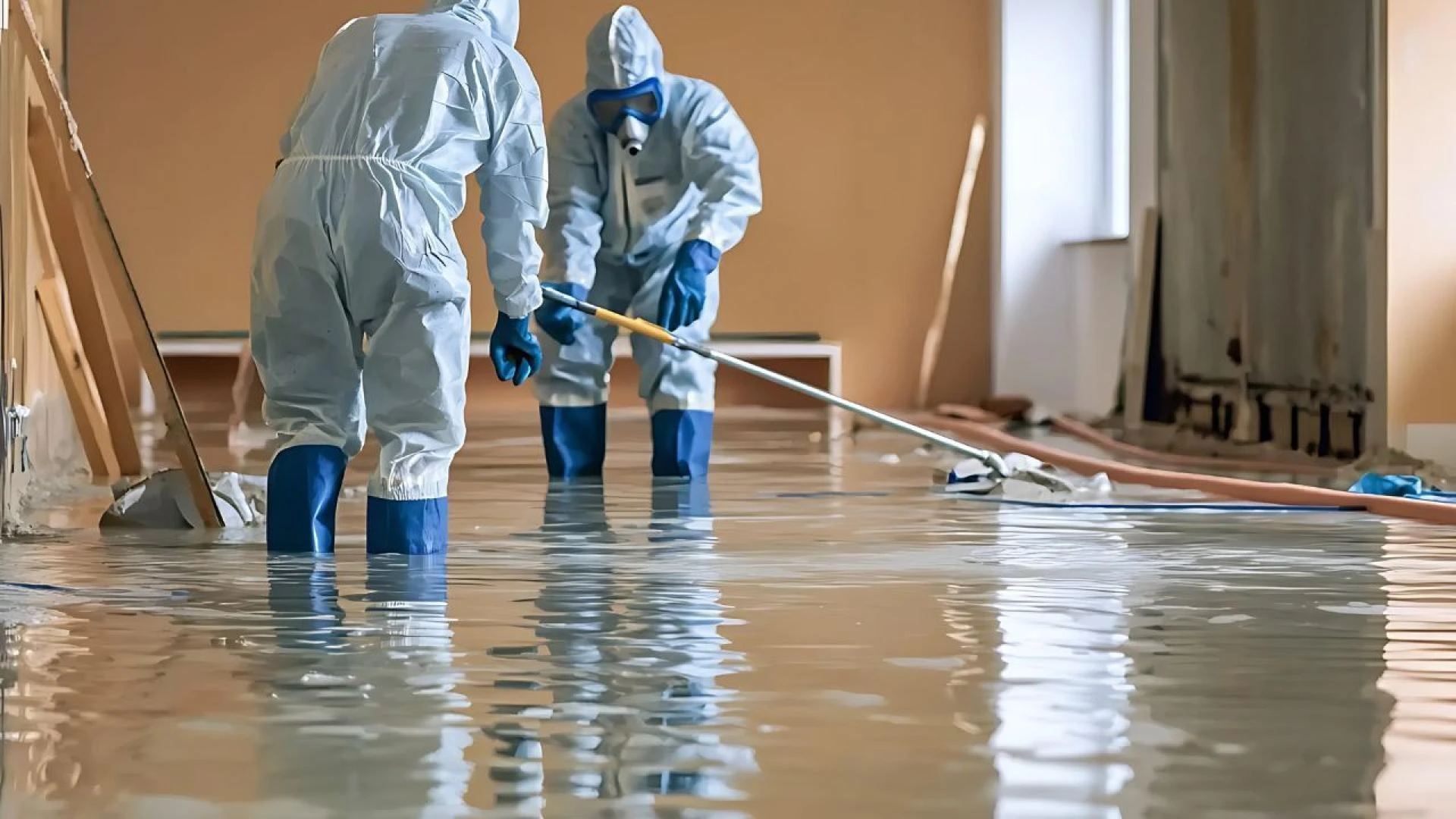
And because Toronto has one of the highest shares of older homes and aging plumbing systems in the country, the city experiences a higher-than-average rate of leaks, sewage backups, and basement flooding.
To make things harder, the Insurance Bureau of Canada also reported that severe weather caused more than $3.1 billion in insured losses recently, with Toronto being one of the hardest-hit regions.
Combined with heavier rains and aging infrastructure (as confirmed by the Intact Centre on Climate Adaptation), 2025 became a year where even small mistakes at home turned into major problems for Toronto residents.
Mistake #1: Skipping Gutter Cleaning and Poor Outdoor Drainage
One of the most common problems in 2025 was clogged gutters and downspouts. When gutters overflow, water spills down exterior walls and pools around the foundation. This raises the chances of basement leaks and structural damage.
A leak-prevention study published by Leak Logic Canada (2025) listed clogged gutters as the #1 preventable cause of exterior water intrusion.
How Toronto Homeowners Fixed It
- Cleaning gutters at least twice a year
- Extending downspouts 3–4 feet away from the house
- Regrading soil so water slopes away from the foundation
- Installing gutter guards to reduce debris buildup
These simple steps kept hundreds of gallons of water away from basements during spring storms.
Mistake #2: Ignoring Small Leaks Until They Became Big Problems
Many homeowners assumed a drip under the sink or a stain on the ceiling wasn’t a big deal. But small leaks tend to grow quietly. The Government of Canada Healthy Homes Guide warns that moisture hidden behind walls can cause mould growth within 24–48 hours, creating health risks and structural deterioration.
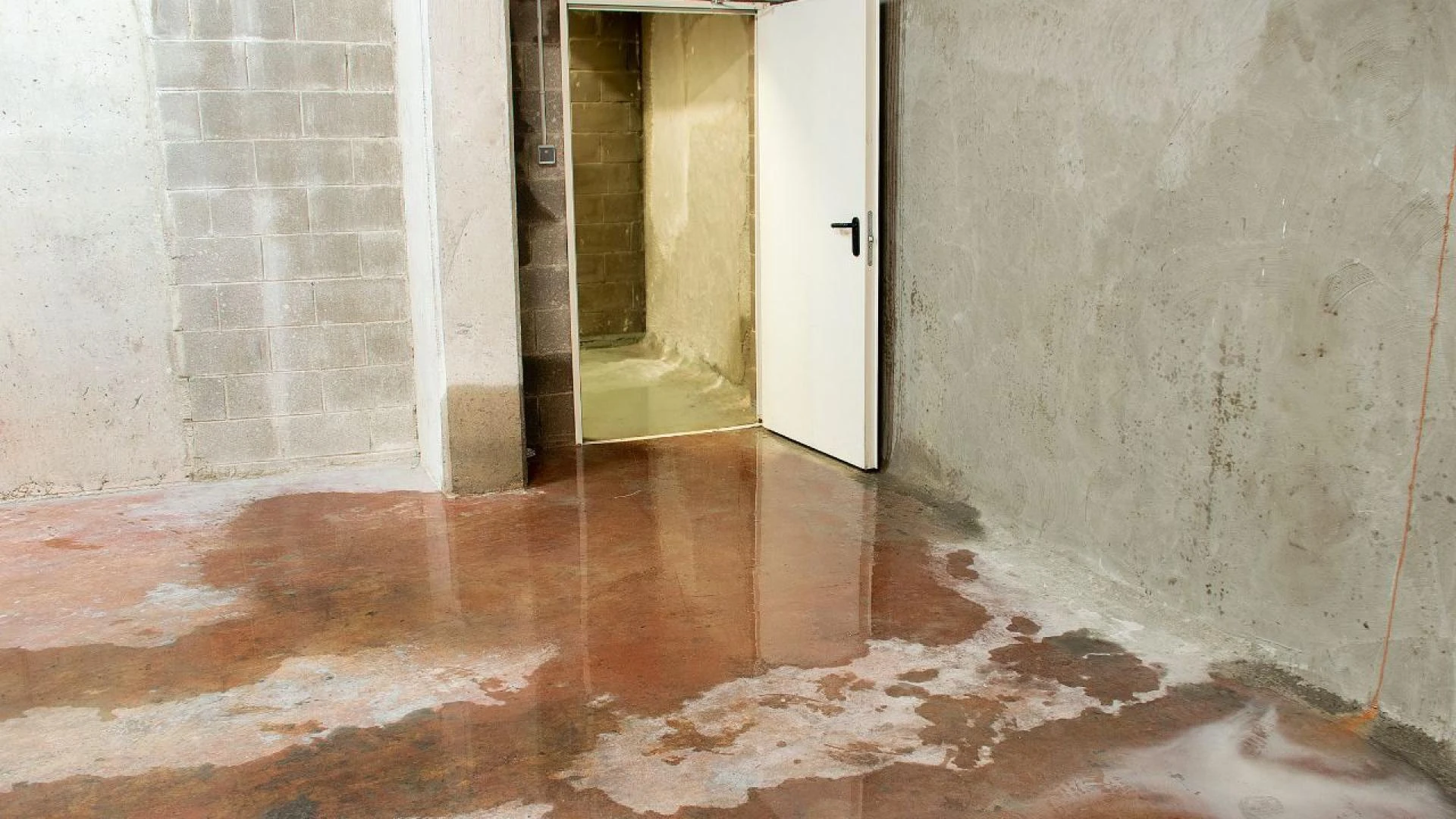
Fixes That Actually Worked
- Checking pipes under sinks weekly
- Replacing old water heater hoses
- Installing inexpensive leak-detection sensors
- Calling plumbers early instead of “waiting to see”
Toronto homeowners who took early action avoided bigger repairs and mould remediation.
Mistake #3: No Winter Protection for Pipes
Toronto winters are unpredictable. In early 2025, a sudden cold snap caused dozens of pipe bursts in older homes, especially in basements and garages. The City of Toronto Water Department has repeatedly warned residents that uninsulated pipes are a top cause of indoor flooding during winter.
How People Fixed It
- Wrapping exposed pipes with insulation foam
- Keeping indoor temperatures above 12°C
- Opening cabinet doors to allow warm air near pipes
- Installing a main shut-off valve for emergencies
These preventative measures reduced the number of burst-pipe incidents during late-2025 snowstorms.
Mistake #4: Not Fully Drying After a Minor Flood or Spill
A surprising number of homeowners in 2025 cleaned up visible water but didn’t check for hidden moisture. The National Collaborating Centre for Environmental Health (NCCEH) notes that moisture trapped under flooring or behind drywall is one of the fastest ways mould spreads.
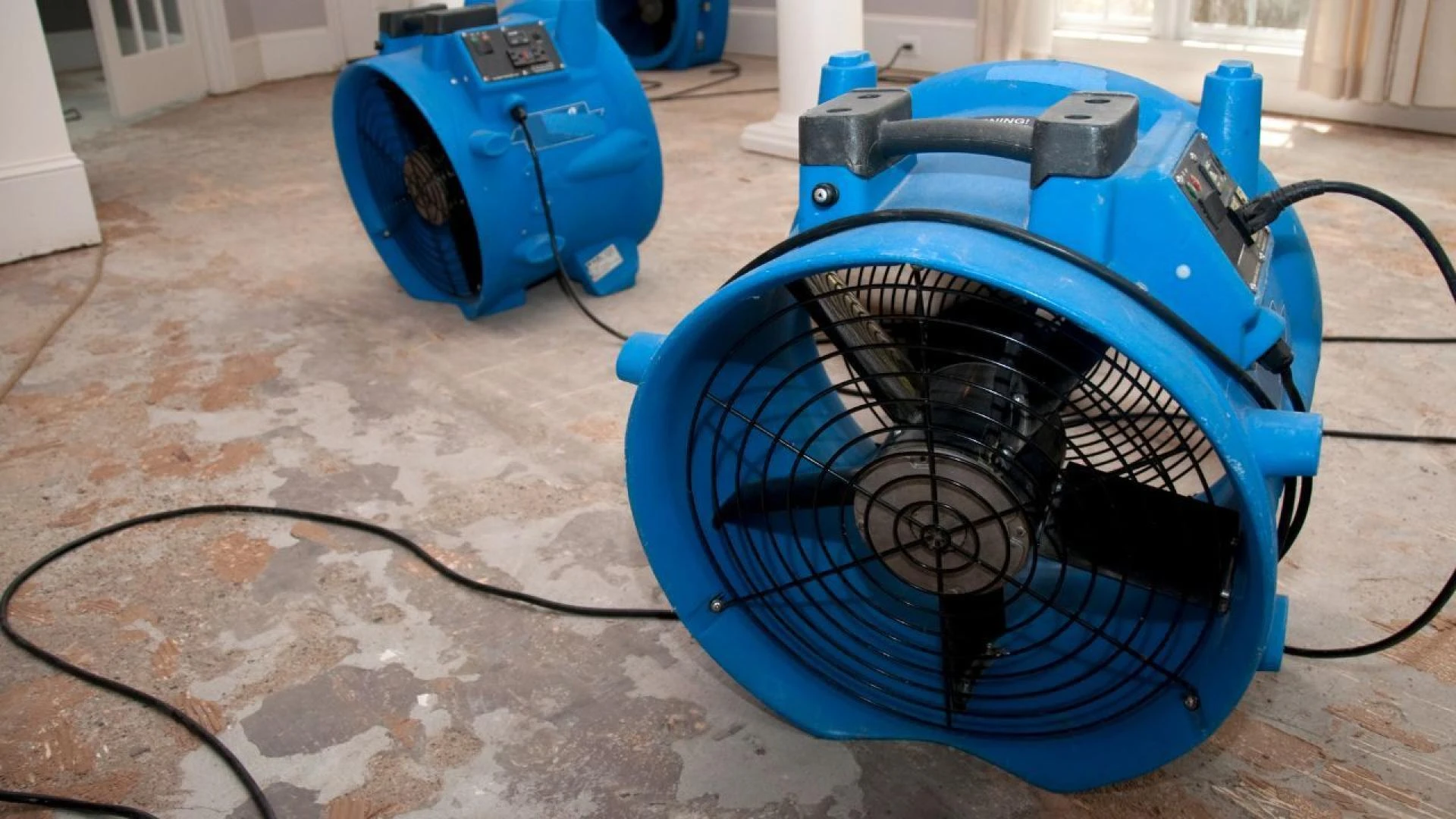
Fixes That Were Proven Effective
- Using professional-grade dehumidifiers
- Getting moisture readings from certified technicians
- Removing baseboards to check for wall seepage
- Running fans for several days, not just a few hours
This level of care prevented recurring dampness and long-term odours.
Mistake #5: Not Understanding Insurance Coverage
Many people in Toronto learned in 2025 that their home insurance did not cover every type of water damage. The IBC estimates that thousands of claims get delayed or denied every year due to misunderstanding the difference between:
- Overland flooding
- Sewer backup
- Burst-pipe damage
- Foundation seepage
What Homeowners Did to Fix It
- Reviewed their policy annually
- Added sewer-backup or overland-flood protection
- Documented damage with photos and videos
- Reported issues immediately instead of waiting
Those who followed these steps moved through the insurance process much faster.
Mistake #6: Late Response to Basement Moisture and Cracks
Basement moisture was one of the biggest problems reported in 2025. Even hairline cracks can allow groundwater in after a heavy storm. The City of Toronto Basement Flooding Protection Program highlights that minor cracks account for a large percentage of basement leak cases in older Toronto neighbourhoods.
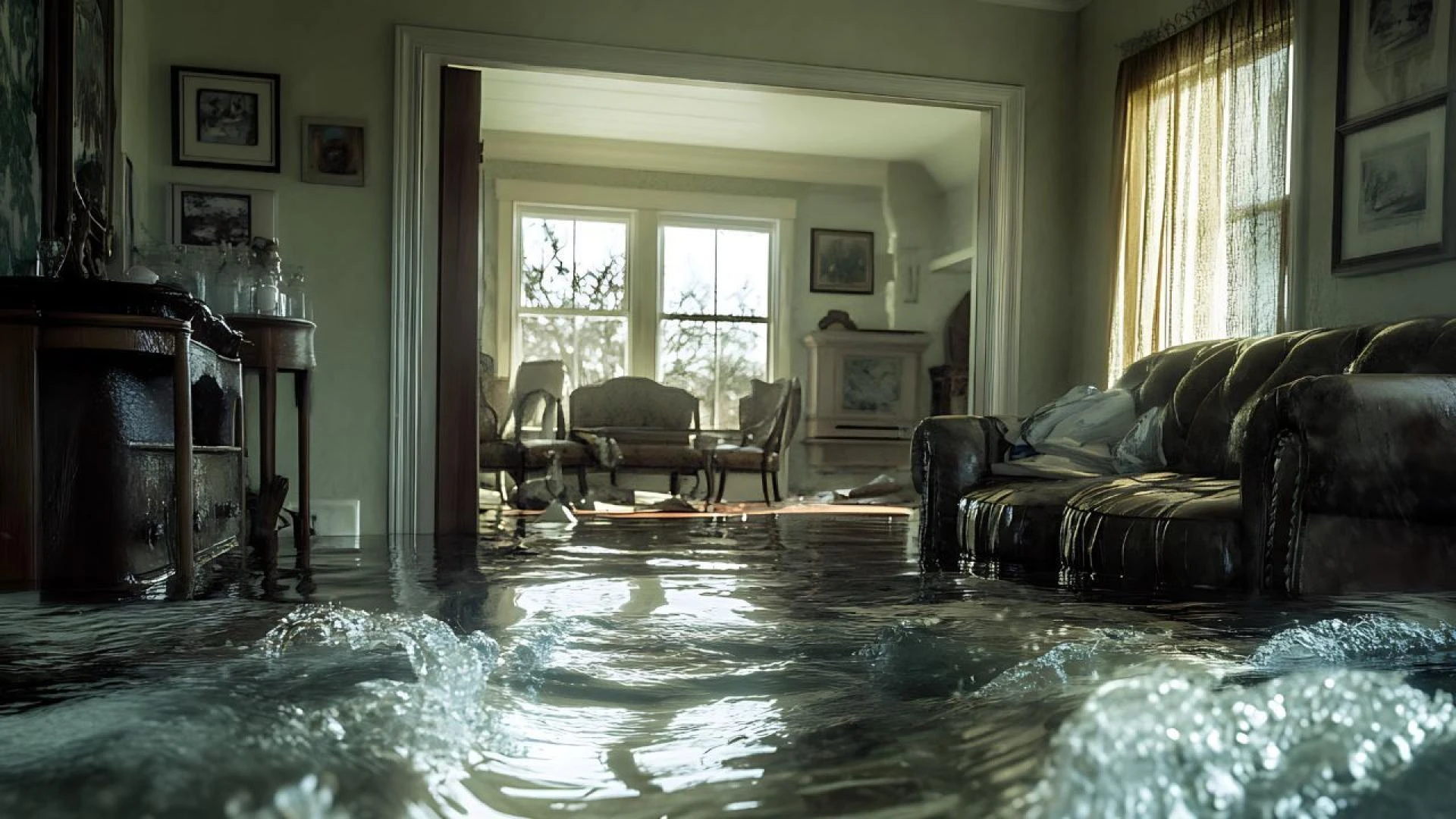
Proven Fixes
- Sealing cracks with epoxy injections
- Installing sump pumps and backup batteries
- Adding window-well covers
- Improving outdoor drainage around basement walls
These upgrades significantly reduced repeated basement flooding.
Mistake #7: DIY Water Cleanup Instead of Professional Support
Many homeowners tried to fix water damage on their own to save money, but most didn’t have:
- Moisture meters
- Industrial dehumidifiers
- HEPA air scrubbers
- Thermal imaging tools
Professionals use these tools to find hidden water sources that DIY cleanup often misses. Calling certified experts improves roofing inspections, basement leak detection, and drying speed.
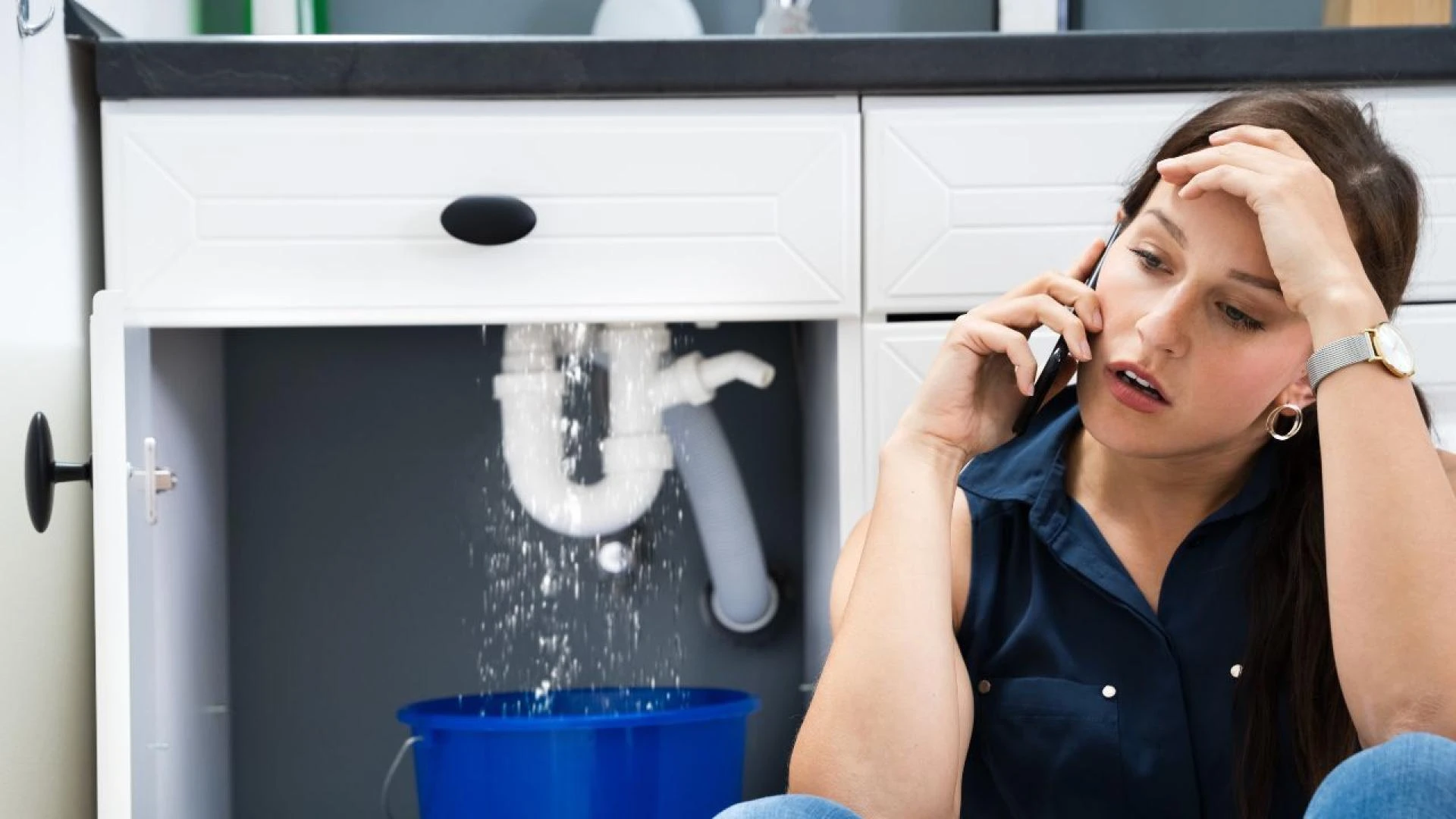
This is where professional water damage restoration becomes essential, especially when hidden moisture or structural risks are involved. Homeowners who called certified restoration teams early avoided larger repairs and long-term mould problems.
The Fixes That Saved Toronto Homeowners in 2025
Based on what experts and homeowners reported, here are the fixes that made the biggest impact:
Regular Gutter & Downspout Cleaning
Prevents roof overflow and foundation water pooling.
Early Leak Detection
Small repairs stopped big, expensive problems.
Pipe Insulation Before Winter
Reduced pipe bursts during cold snaps.
Full Drying After Any Water Event
Prevented mould, rot, and long-term odours.
Smart Insurance Planning
Helped homeowners get faster approvals and less stress.
Professional Restoration Services
Certified tools and tech protected homes are better than DIY cleanup.
Common Emotions Homeowners Felt in 2025 (Based on Real Reports)
Many Toronto residents expressed:
- Frustration when a small mistake led to a huge mess
- Shock at how quickly water damage spreads
- Relief after professionals found hidden issues they missed
- Confidence once they upgraded their home drainage and insulation
According to a community survey by Global News Toronto (2025), water-related home issues ranked among the top three stressors for homeowners last year.
2026 Outlook: What Toronto Homeowners Should Do Next
Experts from the Intact Centre on Climate Adaptation expect heavier rainfall in future years. Here’s what Toronto residents should start doing now:
- Schedule an annual home water inspection
- Install a sump pump or test the current one
- Keep gutters clear year-round
- Add leak sensors near bathrooms, basements, and kitchen
- Review insurance coverage before spring
Small steps today prevent big losses tomorrow.
Protect Your Toronto Home Before the Next Storm Hits
2025 proved that water damage isn’t just a rainy-day problem it’s something that can hit any Toronto home at any time. But with the right habits, upgrades, and fast responses, homeowners can protect their property, reduce costs, and avoid repeat problems.
The best part? Most fixes are simple. Clean the gutters. Check the pipes. Dry things fully. Understand your insurance. And when things get out of hand, choose a professional team experienced in water damage restoration to handle both visible and hidden damage.



